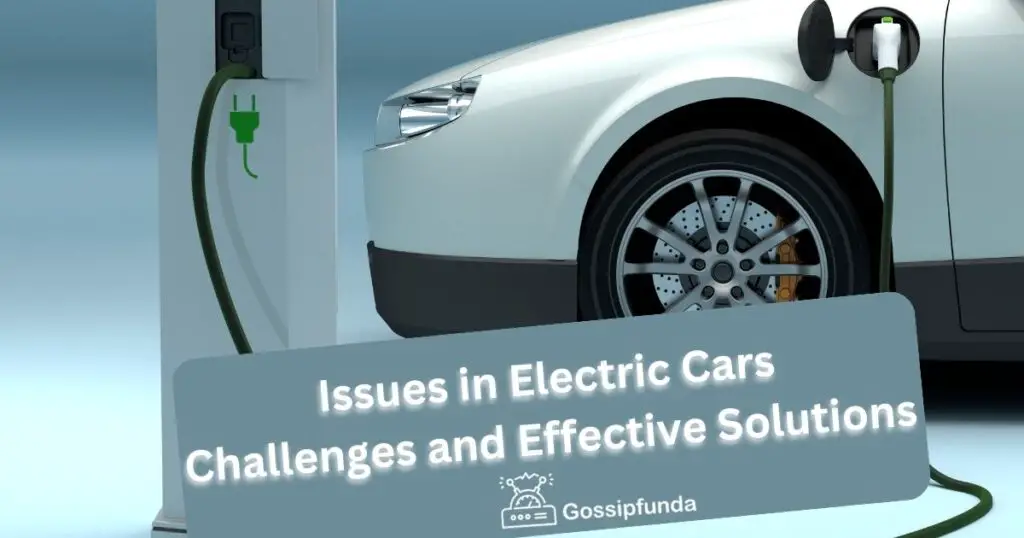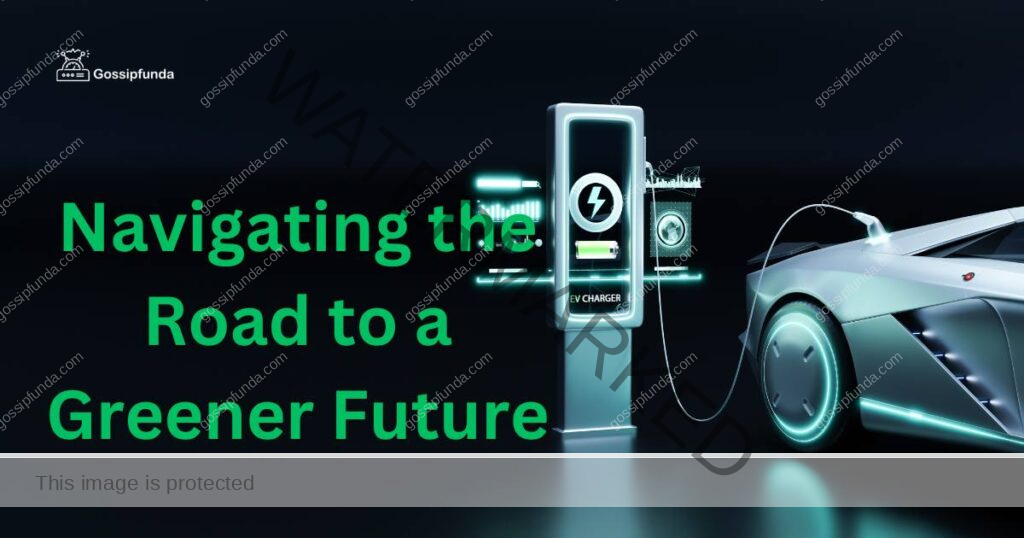Electric cars have become increasingly popular over the past few years, as more people recognize the benefits of sustainable, eco-friendly transportation. However, despite their growing adoption, electric vehicles (EVs) still face several challenges that can deter potential buyers. In this article, we will explore some of the most pressing issues in electric cars, along with practical solutions to address these concerns. By understanding and tackling these challenges, we can continue to support the growth of the electric vehicle market and promote a greener future for all.

Limited Driving Range
One common issue with electric cars is their limited driving range compared to conventional gasoline-powered vehicles. This range anxiety can make some drivers hesitant to adopt EVs, fearing they may run out of power before reaching their destination.
Solution: To address range anxiety, EV manufacturers are continuously working to improve battery technology, increasing both energy density and overall range. Additionally, a growing network of public charging stations provides drivers with more opportunities to recharge their vehicles during long trips. Planning your route with charging stops in mind can help alleviate concerns about running out of power.
Charging Infrastructure
A key challenge for electric cars is the availability and accessibility of charging infrastructure. Inadequate charging options can make owning an EV inconvenient and limit their practicality for long-distance travel.
Solution: Governments and private companies are investing in expanding charging networks, making it easier for EV owners to charge their cars. Initiatives such as tax incentives and grants can encourage businesses to install charging stations on their premises. As an EV owner, you can also invest in a home charging station to charge your vehicle overnight, ensuring it’s always ready for the day ahead.
Charging Time
Another concern for electric car owners is the time it takes to charge their vehicles. Compared to a quick stop at a gas station, charging an electric car can take much longer, depending on the type of charger used.
Solution: Fast-charging technology is continuously improving, significantly reducing the time it takes to charge an electric vehicle. By opting for a fast charger when available and scheduling charging during downtime, such as overnight or while at work, EV owners can minimize the impact of charging time on their daily routines.
Higher Upfront Costs
Electric cars can be more expensive upfront than their gasoline counterparts, mainly due to the cost of batteries. This initial investment can discourage potential buyers from making the switch to electric vehicles.
Solution: Governments and automakers are working together to offer financial incentives, such as tax credits and rebates, to help reduce the initial cost of electric vehicles. Additionally, as battery technology advances and economies of scale improve, the upfront costs of electric cars are expected to decrease over time. Considering the long-term fuel savings and lower maintenance costs of EVs, the total cost of ownership can still be favorable compared to conventional vehicles.
Battery Degradation
Battery degradation is another issue that concerns electric car owners. Over time, the capacity and performance of an EV’s battery may decrease, reducing the vehicle’s driving range.
Solution: Manufacturers are continually working on improving battery technology to minimize degradation. By following best practices for battery maintenance, such as avoiding extreme temperatures and minimizing rapid charging, electric car owners can help extend the life of their batteries. Some manufacturers also offer warranties covering battery capacity loss for a specified period, providing additional peace of mind.
Limited Model Choices
The variety of electric car models available on the market has historically been limited, making it difficult for consumers to find a vehicle that suits their needs and preferences.
Solution: Automakers are increasingly adding electric models to their lineups, ranging from compact cars to SUVs and trucks. This growing selection offers consumers more options to choose from and makes it easier for potential buyers to find an electric vehicle that meets their specific requirements. By staying informed about upcoming EV releases and researching available models, consumers can find the electric car that best suits their needs.
Conclusion
While electric cars face a variety of challenges, the solutions to these issues are continually evolving as technology advances and infrastructure expands. By addressing concerns such as driving range, charging infrastructure, charging time, upfront costs, battery degradation, and limited model choices, we can continue to support the growth and adoption of electric vehicles. As consumers, staying informed about these solutions and understanding the benefits of EVs will help promote a greener, more sustainable future for all. Embracing electric cars as a viable alternative to traditional vehicles will contribute to reducing our carbon footprint and moving towards a cleaner, eco-friendly world.
Awill Guru is a technology enthusiast with degrees in VLSI Engineering (B.Tech, M.Tech) and Android Development. Their passion for education drives them to teach and share knowledge through their blog. He also hold qualifications in Sociology (M.A.) and Education (B.Ed), along with NIELIT O and A Level certifications.


